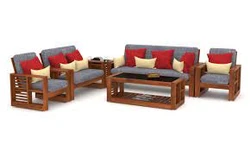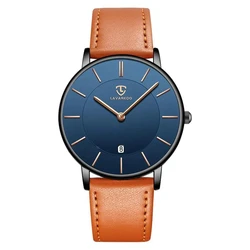Pvc Insulated Copper Wire
Premium Pvc Insulated Copper Wire Sourced from Certified Global Manufacturers and suppliers
Global Sourcing Hub
Source from 2,800+ verified Pvc Insulated Copper Wire manufacturers in 45+ countries with Secure Trade Guarantee







